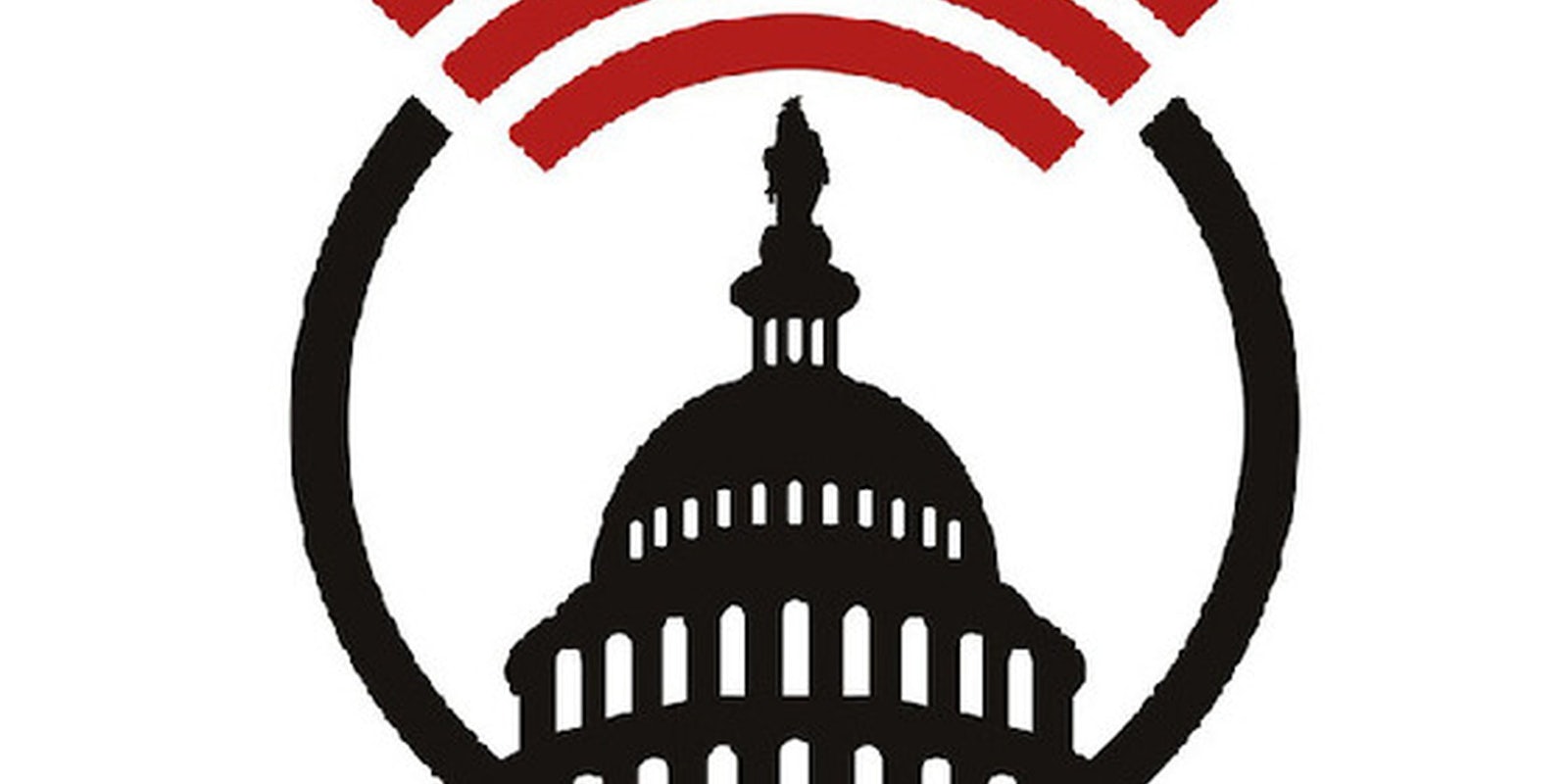Former NPR reporter Andrea Seabrook wants to revitalize political coverage in Washington, D.C. To do so, she’s left NPR and tossed her mic into a much more entrepreneurial ring. She’s become a podcaster.
Even as Seabrook began raising funds, she reported and released three episodes of DecodeDC: “House of (mis)Representatives” on how difficult it is for citizens to make their voices heard in Congress; “Mind Control” on the “neuroscience of party politics”; and “The Political Stage,” on the secrets of political stage management.
Seabrook funded her new, independent reporting venture with a Kickstarter campaign that ended on Friday. She pulled in donations of over $100,000, which surpassed her goal by $25,000. The original goal would have kept her “broadcasting” for a year. But now, Seabrook and her team will be able to produce more or less weekly in-depth “radio” reporting. She hopes it will go beyond the “scorekeeping” reporting that characterizes so much of political coverage. Instead of pitching play-by-play, she’s running color coverage.
What is the meat of the matter? What are the implications of legislation? What are the motivations behind its sponsors?
“Toxicity,” Seabrook told the Daily Dot at the start of her Kickstarter campaign. That’s why she left NPR. But the adventive moment was the “debt ceiling debacle during the summer of 2011.
“For three months I and the other Washington reporters covered the debt ceiling debacle,” she said. “It was grueling. Every day that nothing happened was a day closer to calamity and therefore a news day and yet we had nothing to say that was different than the day before.”
Seabrook said she’d known she was being played by the politicians she covered, but “when the shit hits the fan” (as with the debt ceiling issue) “and when all they’re doing is talking through you to your political opponents, it was almost a slap in the face.”
Seabrook initially worked with NPR in developing the DecodeDC idea. After a break to report with the Planet Money on a series for This American Life called “Take the Money and Run for Office,” she came back to NPR with serious budget issues.
“They asked me, can you wait until next year? I can’t, I said. I can’t stomach it. It’s served me to leave and get my head out of their editorial game.”
DC was a “serious game of currying favors to get interviews,” Seabrooke said. “The important thing, you see, is for journalists to have connections. If you get up and look at things from different angles, it will upset people. They will blow you off and get away with it! Being a ‘legitimate journalist’ is knowing what the unspoken rules are, so your editor thinks you’re on top of it. We’re all politicians now.”
The shift into podcasting was a natural next step for Seabrook.
“Podcasting is the most pared-down, basic, entrepreneurial form of journalism. I don’t need much to broadcasting my content. Now that we’ve demolished the traditional broadcast hurdles, the only thing that matters is how good your content is.”
Although podcasting may still seem on the fringe of mainstream news, she does not believe that marginal position will last too long.
“Radio is going to have a hard time once everyone has internet radio on their cars.”
Seabrook is not relying on her Kickstarter money alone, though without it the enterprise would have been impractical. Mule Radio Syndicate, her distributor, is selling ads against her content. They also provide the delivery structure and syndication. NPR has indicated a desire to license some of her content. And the German audio startup Soundcloud has made her a Community Fellow. They are providing a monetary award, tech support, PR and a built-in community to tap.
“Our first goal is one year’s worth of shows on a schedule,” she said. “Our second is to establish a freelance budget for unconventional journalists to cover government as a whole, not necessarily just DC, civic affairs overall.”
Photo via DecodeDC


